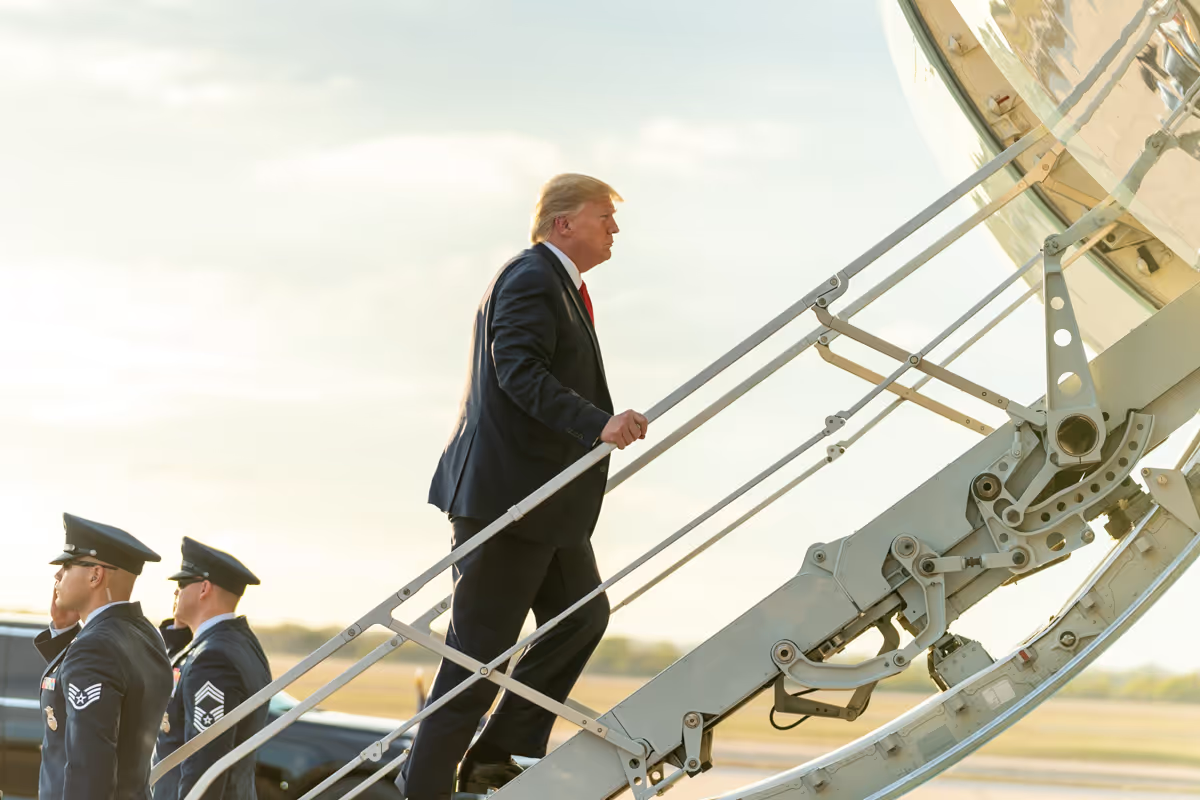Thinktanker Summary
- Robert Benson at Center for American Progress writes that the 75th NATO Summit underscored the urgency of paving a clear membership path for Ukraine and strengthening Eastern Europe's defenses against Russian aggression, marking vital steps for the alliance's future.
- The column asserts that Washington must ensure all NATO members meet their defense spending commitments and enhance cybersecurity to tackle sophisticated threats, while also expanding NATO’s engagement in the Indo-Pacific region to counter China’s growing military assertiveness.
Overview:
This article was written by Robert Benson at Center for American Progress.
- The 75th NATO Summit served as a pivotal moment for addressing modern security challenges and shaping NATO's future.
- The rapidly evolving global security landscape necessitates strategic actions from Washington to fortify NATO's defenses and international engagements.
Key Quotes:
- “Perhaps at no point since its founding in 1949, and certainly not since the end of the Cold War, has NATO been so comprehensively tested.”
- “Given the rapidly devolving global security landscape in Europe and the Middle East, along with rising tensions in the Indo-Pacific basin, it is imperative for Washington to build on key summit outcomes.”
What They Discuss:
- NATO should clearly invite Ukraine to join and provide a concrete timeline for its accession, simplifying the membership process by removing the requirement for a Membership Action Plan.
- Reinforcing Eastern Europe’s defenses is critical given Russia’s aggression in Ukraine, which includes expanding NATO battlegroups and enhancing infrastructure.
- Despite Secretary General Jens Stoltenberg’s announcement, only 23 out of 32 members are meeting defense spending commitments, indicating a need for increased burden-sharing.
- Increasing NATO’s presence in the Indo-Pacific, particularly through partnerships with regional players and forums, is essential to counter China's assertiveness.
- Advancing NATO’s technological capabilities and cybersecurity defenses is necessary to adapt to modern asymmetric threats.
What They Recommend:
- Establish specific benchmarks and integrate Ukraine into NATO's command and control structure through phased steps like joint military exercises.
- Expand NATO forces and integrate air and missile defense systems in Eastern Europe to protect against Russian threats.
- Encourage all NATO members to meet their defense spending commitments and consider common defense bonds to support mutual security.
- Enhance NATO’s engagement in the Indo-Pacific by opening liaison offices and improving cooperation with regional partners.
- Invest in cutting-edge technologies and a comprehensive cyber defense strategy, involving collaboration with the private sector and adherence to ethical AI governance.
Key Takeaways:
- The 75th NATO Summit underscores the need for clear strategies and commitments to enhance security in an increasingly complex global landscape.
- Ensuring a well-defined path for Ukraine’s membership and strengthening Eastern Europe’s defenses are top priorities.
- Increased defense spending and burden-sharing by all members are crucial to maintaining NATO’s operational readiness.
- Engaging in the Indo-Pacific region is vital for global stability and countering threats from China.
- Modernizing NATO’s technological and cyber defenses is essential to maintaining its strategic edge against asymmetric threats.
This is a brief overview of the article by Robert Benson at Center for American Progress. For complete insights, we recommend reading the full article.










